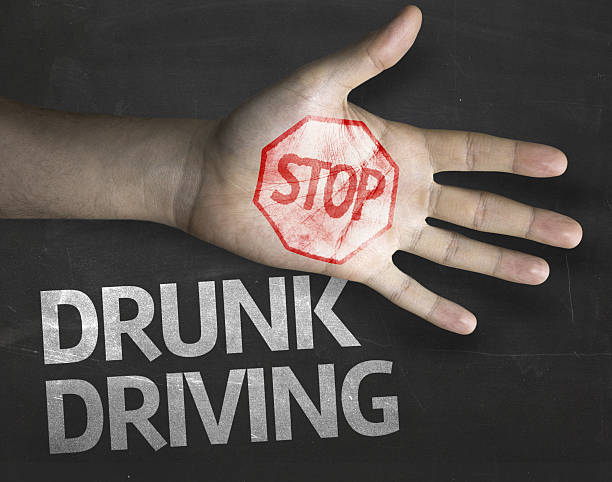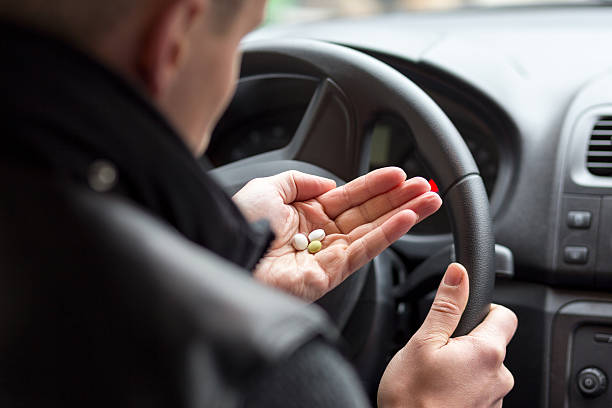
Driving Under the Influence (DUI) is a grave offense in the United Kingdom, carrying severe consequences that extend far beyond legal penalties. The repercussions of DUI are multifaceted, affecting not only the offender but also their family, community, and, potentially, innocent road users. Understanding these consequences can help deter risky behaviors and encourage responsible decision-making.
Legal Consequences
The UK enforces stringent laws to combat DUI, aiming to safeguard all road users. The legal blood alcohol concentration (BAC) limit is 0.08% in England, Wales, and Northern Ireland, while Scotland imposes a stricter limit of 0.05%. Exceeding these limits or refusing a breathalyzer test can lead to immediate legal action.
First-time offenders face significant penalties, including a mandatory driving ban of at least 12 months, a fine of up to £5,000, and the possibility of up to six months in prison. Repeat offenders or those who cause accidents while under the influence face harsher sanctions, such as extended bans, higher fines, and longer prison sentences.
A DUI conviction results in a criminal record, which can have long-lasting implications. It may restrict opportunities to travel internationally, limit employment prospects, and tarnish an individual’s reputation.
Financial Consequences
The financial fallout from a DUI can be devastating. The immediate costs include fines, legal fees, and increased insurance premiums. A DUI conviction can lead to a dramatic rise in insurance rates, with some providers refusing to insure high-risk drivers altogether.
Additional costs may include mandatory participation in rehabilitation programs or alcohol awareness courses, which offenders must often pay for out of pocket. For professionals whose jobs require driving, losing a license could result in job loss and long-term financial instability.
In cases where a DUI incident causes property damage or injuries, the offender may be held liable for compensation claims. These costs can quickly escalate, resulting in financial hardship that lasts for years.
Social Consequences
The social consequences of a DUI are profound and often overlooked. A DUI conviction can strain personal relationships, as family and friends may struggle with the stigma attached to such an offense. Offenders may experience shame and guilt, impacting their mental health and well-being.
Professionally, a DUI can damage reputations and career prospects. For individuals in high-profile or trust-based roles, such as educators or healthcare professionals, a conviction can lead to dismissal or difficulty securing future employment.
DUI incidents also have a wider social impact. They increase the strain on emergency services, healthcare systems, and legal institutions. In the worst cases, DUI-related accidents result in fatalities, leaving lasting trauma for victims’ families and communities.
Preventing DUI
The best way to avoid the consequences of DUI is to abstain from driving after consuming alcohol or drugs. Designating a sober driver, using public transport, or calling a taxi are responsible alternatives. Public awareness campaigns and stricter enforcement of DUI laws have been instrumental in reducing incidents, but individual responsibility remains key.
Conclusion
The consequences of driving under the influence in the UK are far-reaching, encompassing legal, financial, and social dimensions. These penalties serve as a stern reminder of the importance of responsible driving. By understanding the gravity of DUI and making safer choices, individuals can protect themselves, their loved ones, and everyone sharing the road.








